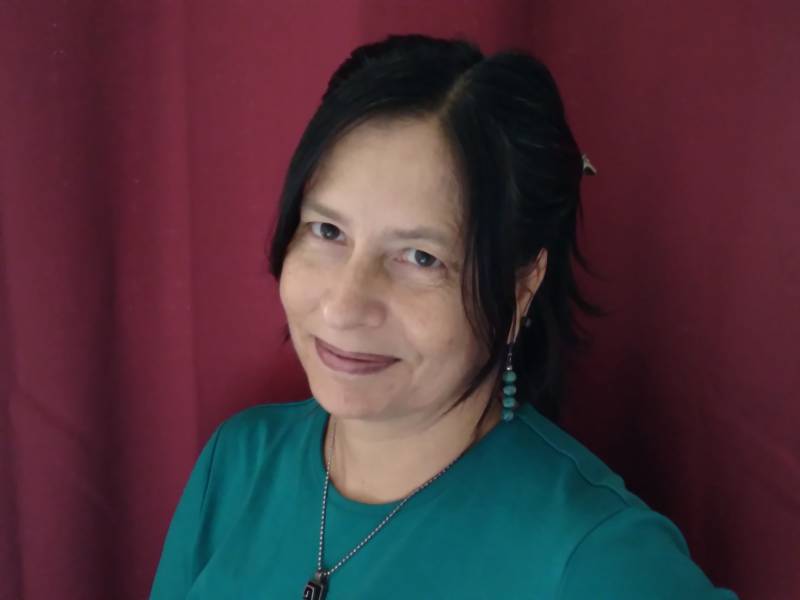Over the past year without live performances and theatre, venues throughout the Bay Area have been forced to pivot to creating virtual programming throughout the COVID-19 pandemic. And while streamed theatre can be a hit-or-miss, as Berkeley Rep artistic director Johanna Pfaelzer recently told the Berkeleyside, “sound can create an entire world.”
That’s the premise of Place/Settings, a new series from Berkeley Rep and the latest example of a Bay Area theater company pivoting to digital offerings. Unlike many recent theatre productions, Place/Settings isn’t a streamed recording of a play, but an audio-only, 10-episode podcast series that takes listeners to different key locations around Berkeley.
The stories of Place/Settings come courtesy of 10 different writers, all with strong ties to the city—some stories are based on true events, some are fictional, and some fall in between. Whether read by the author or a voice actor, the stories utilize sound design and narration styles to build an entirely sonic theatrical experience. All are personal and unique, each with its own stylistic flair.

Upon listening to a cross-section of episodes, I found Place/Settings to be an artistically distinctive and heartwarming tribute to one of the most exceptional cities in the Bay. Although I grew up in Oakland, I spent a good deal of my childhood visiting the neighboring city of Berkeley. Many of the featured writers of Place/Settings grew up in neighboring cities as well, like Daniel Handler, whose episode tells the story of visiting Berkeley from his hometown of San Francisco, or Kamala Parks, who moved to Berkeley from her mother’s house in San Jose.
Handler, better known by his pen name Lemony Snicket, contributes a story from his time growing up in San Francisco, when he viewed Berkeley as a formidable, fascinating place. He describes one real-life journey to the “glamorous” city in “The Black Mass Sonata.” Read by Lance Gardner, the episode puts the listener in the shoes of a teenage Handler during a lonely period of his life as he aimlessly wanders alone along Bancroft Way before finding himself in the Musical Offering Cafe.




